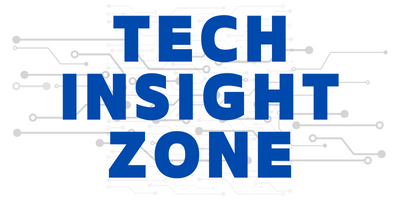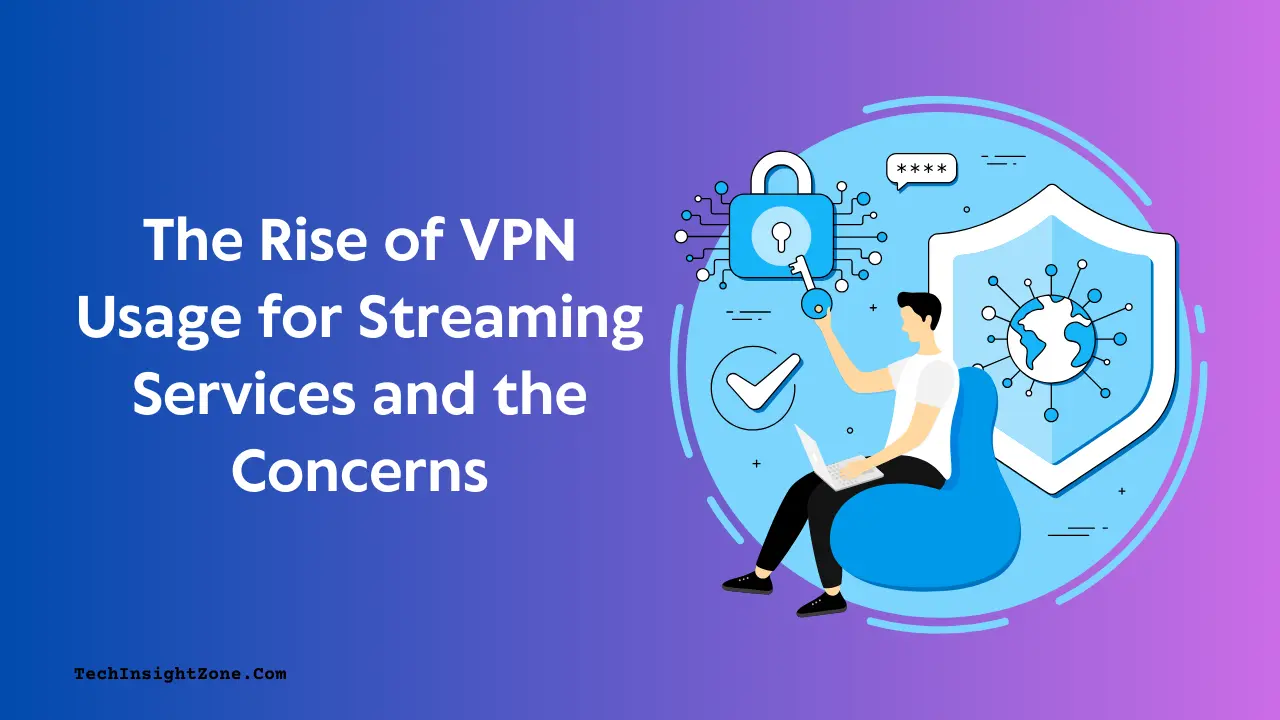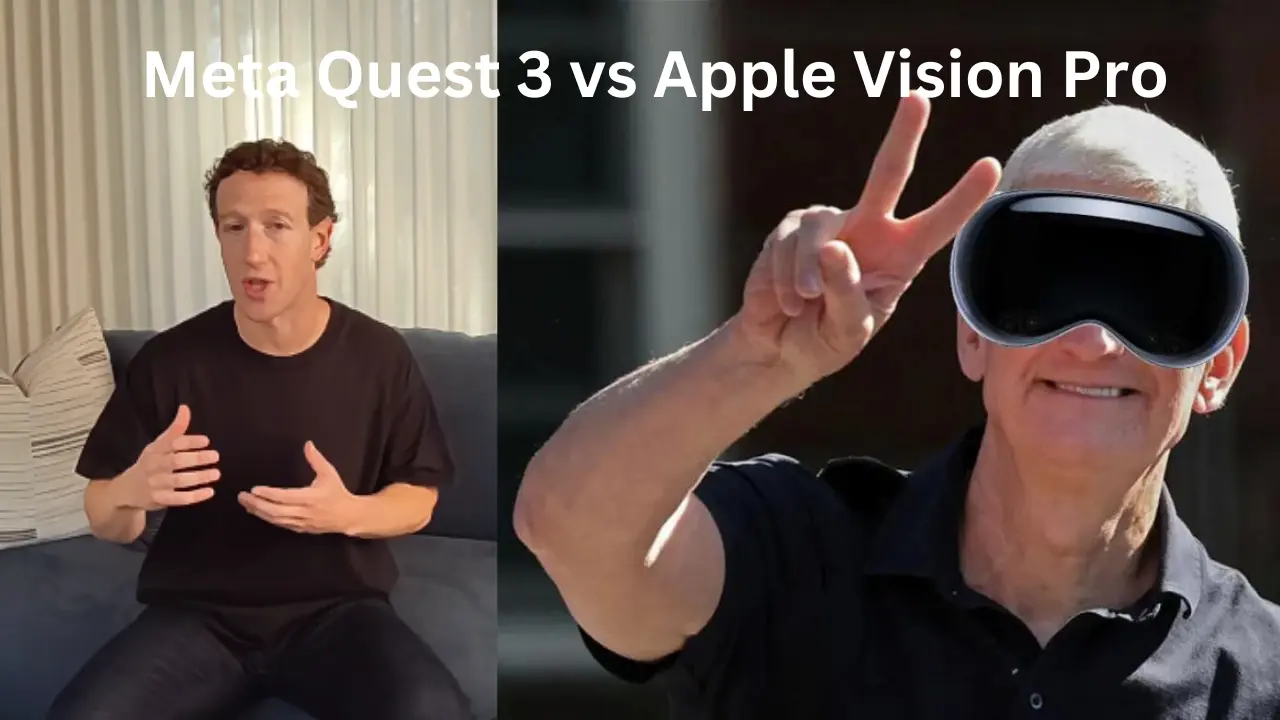After the Covid-19 pandemic, there has been a significant increase in the use of Virtual Private Networks (VPNs), especially for live streaming. As a tech enthusiast who is passionate about digital privacy and streaming technologies, I am amazed to see how VPNs have become an essential tool for millions of viewers worldwide.
It literally shook my mind when I read a report from Forbes stating that the number of VPN users is expected to reach billions within this year! In this comprehensive analysis, we will explore the reasons behind this trend and discuss the pros and cons of using VPNs for live streaming.
The Reason Behind The Rise of VPN Usage for Live Streaming
According to Forbes, approximately 1.743 billion people are expected to use VPNs globally by the end of 2024.
The researchers also stated in the same report that VPNs are now being used more for personal use than for business use. And 77% of people use VPNs for their personal purposes.
Now, let’s take a look at what are the main pros people found behind this increase are multifaceted. We analyzed and found that two primary factors stand out:
1. Privacy Concerns:
Nowadays, the concern over online privacy has reached unprecedented levels. With governments, corporations, and cybercriminals all vying for access to user data, the average internet user is more exposed than ever.
Every click, search, and streaming choice can be tracked, logged, and analyzed, leading to an erosion of personal privacy.
For live streaming, these privacy concerns are magnified. Streaming platforms often collect extensive data on viewing habits, preferences, and even location. This data is used not only for targeted advertising but can also be sold to third parties, leading to a further invasion of privacy.
In response, users are increasingly turning to VPNs as a means of shielding their personal information.
A VPN encrypts all internet traffic, creating a secure tunnel between the user and the internet. This encryption ensures that any data transmitted during live streaming is inaccessible to ISPs, government agencies, or hackers.
For privacy-conscious users, this added layer of security is invaluable, allowing them to enjoy live streaming without the constant fear of being monitored or tracked.
So, these privacy concerns become a major factor behind the VPN usage rise.
2. Access to Region-Locked Content:
Another significant driver behind the rise in VPN usage for live streaming is the desire to access region-locked content.
Streaming services like Netflix, Hulu, and others often restrict their content based on the viewer’s geographic location, a practice known as geo-blocking or region-locking. These restrictions are typically due to licensing agreements, where content rights are sold on a regional basis.
For instance, a show that is available on Netflix in the United States might be unavailable in the United Kingdom or Australia. Similarly, live sports events broadcasted on certain channels might only be accessible to viewers within a specific country.
For international audiences, these restrictions can be incredibly frustrating, especially when highly anticipated shows, movies, or sports events are out of reach.
This is where VPNs come into play. By masking the user’s real IP address and replacing it with one from a different location, a VPN makes it appear as though the user is accessing the internet from a different region.
This allows users to bypass geo-restrictions and access content that would otherwise be unavailable in their area.
For example, Roku users interested in streaming ABC Live from outside the US can check out this ABC Live Roku guide, which explains how to use a VPN with US-based IP addresses. This opens up a world of content that would otherwise be out of reach for many viewers.
However, at this point, you may think that using a VPN is super cool, but there are some cons as well.
Cons of Using VPNs for Live Streaming
1. Potential Speed Reduction
While VPNs can sometimes improve streaming performance, they can also lead to slower speeds:
- Encryption overhead: The process of encrypting and decrypting data can slow down your connection.
- Server distance: If you’re connecting to a VPN server that’s geographically distant, it can increase latency.
- Server load: Popular VPN servers can become overcrowded, leading to slower speeds.
2. Legal and Compliance Issues
The use of VPNs to bypass geo-restrictions exists in a legal gray area:
- Terms of Service violations: Many streaming services explicitly prohibit the use of VPNs in their terms of service.
- Potential account termination: Some services may terminate accounts found to be consistently using VPNs to bypass restrictions.
- Copyright concerns: Accessing content outside of licensed regions can potentially be viewed as copyright infringement.
3. Quality and Reliability of VPN Providers
Not all VPN providers are created equal:
- Service quality varies: Some VPNs offer faster speeds and more reliable connections than others.
- Privacy policies differ: Some VPNs may log user data, potentially compromising privacy.
- Server network size: Larger VPN providers typically offer more server options, which can improve performance and unblocking capabilities.
Given these pros and cons, it’s crucial to choose the right VPN for your streaming needs. Here are some factors to consider:
What Should You Avoid While Choosing a VPN?
- Speed and Performance: Look for VPNs that offer high-speed servers optimized for streaming.
- Server Locations: Ensure the VPN has servers in the countries where your desired content is available.
- Strong Encryption: Opt for VPNs that use robust encryption protocols to protect your data.
- No-Logs Policy: Choose a VPN that doesn’t keep logs of your online activities.
- Compatibility: Make sure the VPN is compatible with your streaming devices and platforms.
- Customer Support: Good customer support can be crucial when you encounter issues while streaming.
Future of VPN Usage in Live Streaming
As we look to the future, it’s clear that VPNs will continue to play a significant role in the live-streaming landscape. However, this relationship is likely to evolve:
- Improved VPN Technology: We can expect to see advancements in VPN technology, offering faster speeds and more reliable connections.
- Stricter Enforcement by Streaming Services: As VPN usage increases, streaming services may implement more sophisticated methods to detect and block VPN traffic.
- Potential Legal Changes: We may see new regulations around VPN usage and content access, which could impact how these tools are used for streaming.
- Integration with Streaming Devices: VPN functionality might become a standard feature in smart TVs and streaming devices.
- Global Content Libraries: There’s a possibility that streaming services may move towards more unified global content libraries, potentially reducing the need for VPNs.
Final Words
The rise of VPN usage for live streaming reflects the ongoing tension between content providers’ regional licensing models and viewers’ desire for unrestricted access to global content. While VPNs offer significant benefits in terms of content access and privacy, users should be aware of the potential drawbacks and legal implications.
As I have a keen interest in this field, I believe that the future of streaming will likely involve a delicate balance between these competing interests. Whether through technological advancements, changes in licensing models, or evolving regulations, the landscape of VPN usage in live streaming is sure to remain dynamic and fascinating in the years to come.
For readers who want to explore how privacy tools are evolving beyond traditional VPNs, check out our detailed guide on modern approaches to online anonymity.





